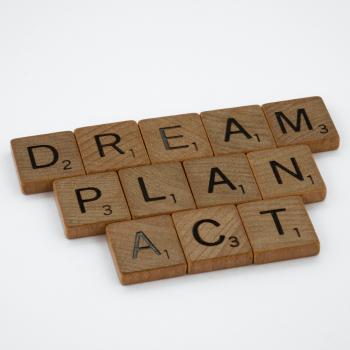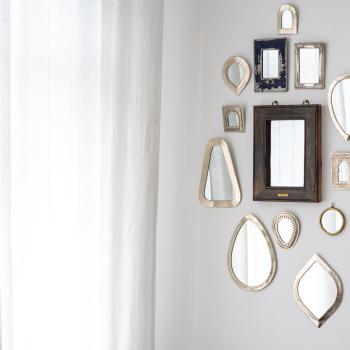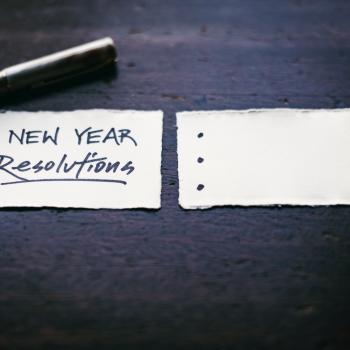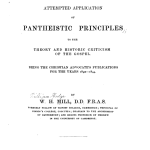We are in a hurry to name villains. We want to call out bad behavior and bring it to justice. We might hide behind the façade of “goodness”, but what we really want is to feel safe and secure in who we are. We want villains to be “others”, “them”. It can be anybody as long as it is not ME.
Part of it makes a lot of sense. We’ve seen villains get away with it for too long. Power has been abused. Oppression has run rampant. And we have had enough. We want the villains to pay. We want them to be brought to light and to answer for their atrocities.
Defining a Villain
Our emotions are often the driver of this process. How we feel in any given moment is evidence enough. Yet, our emotions are not trustworthy. It is not enough to condemn someone because of how we feel about them.
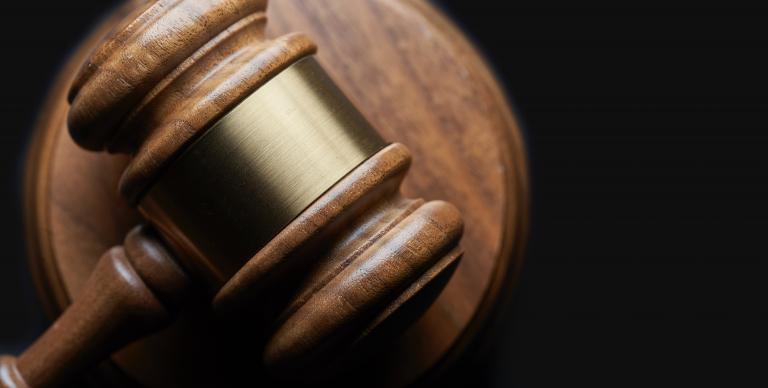
Lost in our culture is an appreciation of the truth. It doesn’t really matter. We need villains and we need them to pay. Anyone will do. Anyone who offends me. Heck, anyone who isn’t me. They are all prime candidates.
We’ve lost the ability to trust in this world. The ability to forgive. And the ability to discern what is really going on. The we’ve lost the appreciation for truth. Our world is so fake; so counterfeit. We vilify those who call us out, disagree with us, look different than us, or threaten the carefully constructed mask we hide behind.
If we are going to name villains, we have to look at intent. And truth.
ME as Villain
We want to create some cognitive distance between ME and the villain we cast. That is why villains so often look, think, believe, and vote differently than we do. It makes it much more likely I am not a villain. And that is what we are truly after. That is what really motivates us.
The Bible talks about removing the plank from our eye before we look toward the speck in others’. Maybe the most counter-cultural teaching of the Bible. Scripture suggests that we are all villains, in one way or another. We all make mistakes. We all fail.
When we vilify others, we are trying to compare our failures to theirs. Yes, I mess up. But I am not evil. And “they” are evil – their mess ups are on a different level than mine.
This may be true. But it may not.
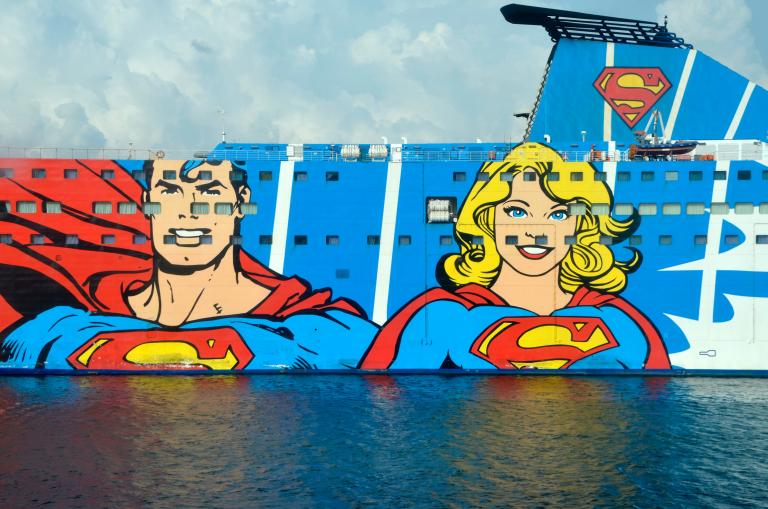
We are constantly creating, telling, and reinforcing a narrative in which we are the hero. And to be a hero, we need a villain. A really bad one. An atrocious character. And we are quick to find one. Spouses can make villains out of each other. Departments in an institution can vilify one another. People from different cultures. People from different denominations. The person who is taking too long in the grocery store line. We need villains in order to be the hero.
The sad thing is that we are often being named as a villain. And our backs get up when we receive the accusation. We don’t like it. We will defend our just-minded goodness until our dying breath. In fact, just by accusing ME of being a villain makes YOU a villain.
And so the world turns. We can’t talk about anything. We can’t hear one another. We can’t effectively relate in one another’s stories because we are all making quick enemies of each other.
The obsession with naming villains needs to be rooted in humility, truth, and a willingness to forgive.



